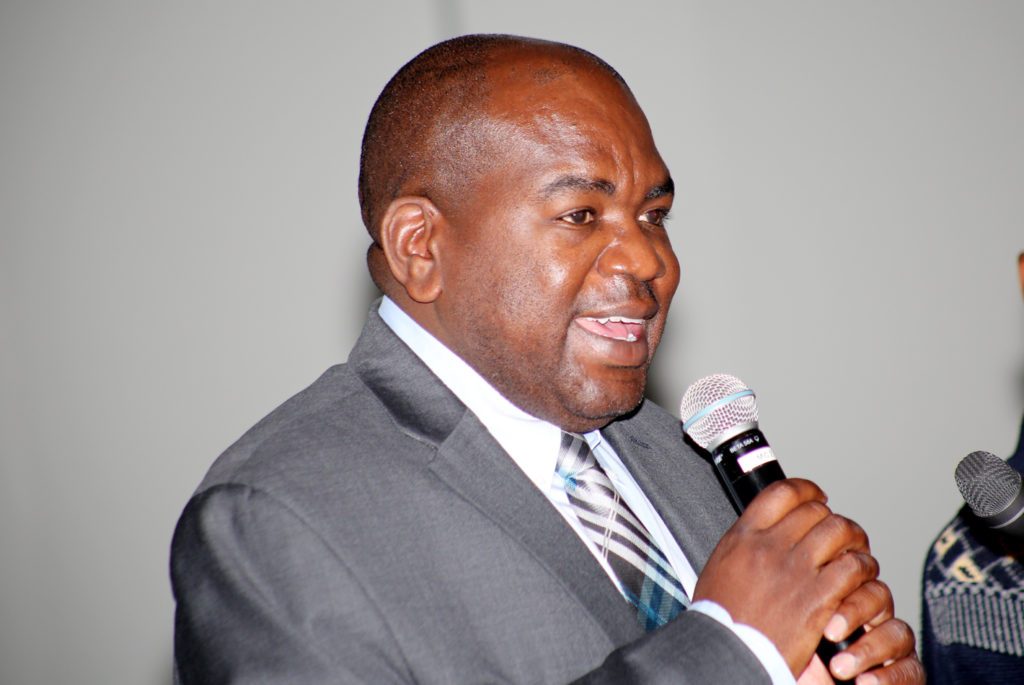
Government appears to have backed down on its decision to introduce mandatory testing for HIV in Zambia.
Health Minister Chitalu Chilufya clarified that what Government will be implementing is routine testing for HIV as part of diagnostic screening to be initiated by the health care provider.
Dr Chilufya said the key is that in all HIV testing, full consent of the patient will have to be obtained.
He said patients will still have the option to opt out if they do not want to be tested for HIV in line with global standards and medical ethics.
The Health Minister was speaking when he featured on a live ZNBC Sunday Interview television programme.
Dr Chilufya’s clarification is a major shift from the policy pronouncement made by President Edgar Lungu last week.
President Lungu declared that Zambia has now introduced mandatory testing for HIV and stated that the policy decision is not open for debate.
Launching the 2017 HIV Testing, Counselling and Treatment (HTCT) Day at Olympic Youth Development Council (OYDC) in Lusaka on Tuesday, President Lungu said HIV testing is now mandatory for anyone who visits any public health facility for any ailment.
But Dr Chilufya explained that no one will be forced to test for HIV but that health care providers will encourage those that will present symptoms to test for HIV.
“Before any blood is drawn from your body, consent will be obtained and the tests or any kind of diagnosis explained to the patient. It is not like there will be police officers who will be arresting those people that will opt out but it is important to encourage everyone to know their HIV status,” Dr Chilufya stated.
He stressed that there has not been any change in Government’s position on HIV testing saying the same approach will continue.
“What has ignited the debate is just the issue of semantics here. What we are saying is that when you come to the health facility, the health care provider will off course counsel you and based on the symptoms, you will be advised to undergo an HIV test as a routine. So, it is not mandatory because as Government, we are alive to the issue of human rights, ethics and global standards,” he said.
Lusaka times


